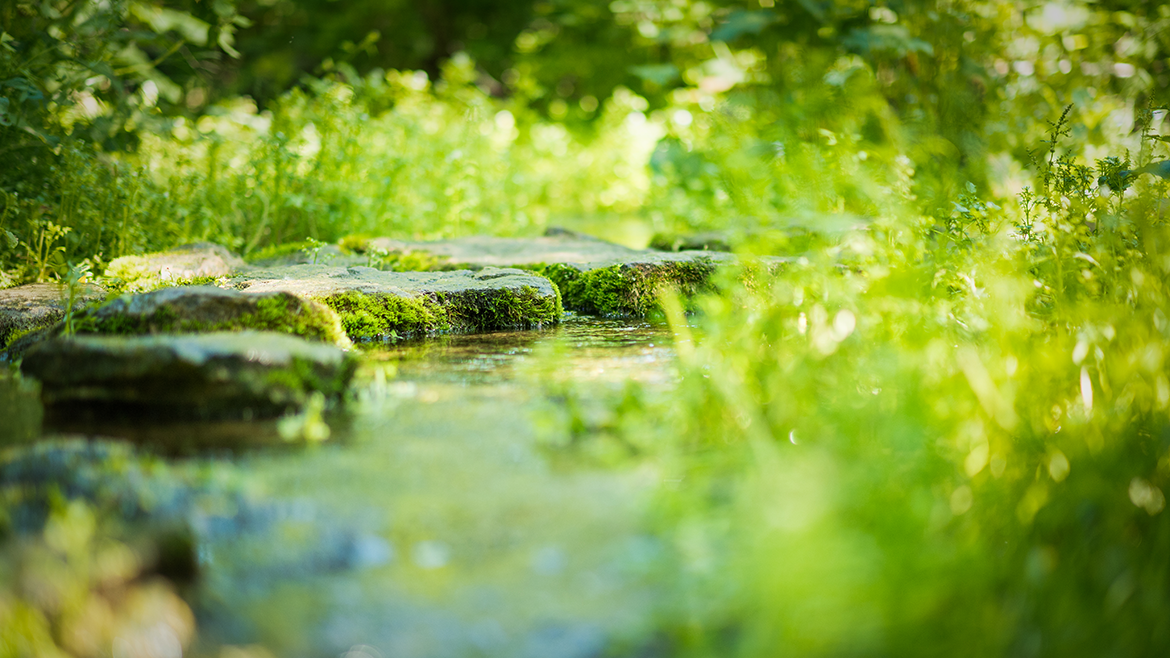Education
Research in Real Life: Two Wisconsin Teachers to Cruise Lake Ontario
Two Wisconsin teachers joined a dozen others from around the Great Lakes on a week-long research cruise in July on Lake Ontario with scientists for a Shipboard Science Workshop hosted by the Center for Great Lakes Literacy. Aboard the Environmental Protection Agency’s R/V Lake Guardian, the teachers learned the techniques scientists use to study large lakes.
The research cruise departed from Buffalo, N. Y., and ended in Youngstown, N. Y., with stops in ports along the way to learn about the ecology, history and economy of the lake.
The teachers were Carly Ziegler, a science curriculum developer for Isthmus Montessori Academy Public in Madison, and Zachary Rozmiarek, a fifth-grade teacher at River Crest Elementary School in Hudson. They lived and worked alongside Great Lakes scientists to collect zooplankton, phytoplankton and bottom-dwelling organisms in addition to taking and testing water samples.
The teachers will be bringing their new knowledge back to their classrooms and school districts.
“The beautiful thing about lake science is, all you need to do is be by a lake and you can do it. There are so many questions we can ask about how humans impact our lakes, about the resiliency of lake ecosystems, and their future and their past. It’s pretty easy to engage kids in lake science,” Ziegler said.
Rozmiarek, a former interpretive ranger for the National Park Service in the Apostle Islands National Lakeshore, is planning to combine his previous field experience with the cruise experience to help his students this fall.
“The opportunity to travel and meet other teachers and collaborate with them, doing something that’s environmentally based, as well, really got me interested in the cruise,” Rozmiarek said. “I think a big thing is just sharing the hands-on experience. . ., like working with the park service, with my students. I’ll be pulling my experiences into my lessons.”
Rozmiarek says his school has run a program in the past where the children raise trout in tanks in the classroom and then release the fish into a local river at the end of the school year. Several issues kept the program from happening this year, but he hopes they will be able to raise trout next year.
“A lot of the things we’ll be using during this workshop sound like they could relate nicely to what we will teach about the trout,” Rozmiarek said.
The Shipboard Science Workshop is coordinated by the Great Lakes Sea Grant Network and the U.S. Environmental Protection Agency’s Great Lakes National Program Office. Funding comes from the Great Lakes Restoration Initiative.
–MEZ
Updated lesson plans, STEM kits available for teaching water topics to young learners
Teachers, librarians and other educators looking for materials on water-related subjects have a terrific new resource. Ten newly updated lesson plans and three STEM kits are now available for use and geared towards learners ages 3 through 9.
The lesson plans are downloadable from the website of the Wisconsin Water Library (https://waterlibrary.aqua.wisc.edu/) and the STEM kits, of which there are three, are physical kits that are available for checkout directly from the library.
“Public librarians have been asked to do more and more science content, in addition to supporting literacy and school readiness, and these lessons plans will support that,” said Anne Moser, senior special librarian at the Water Library, which is housed in the Aquatic Sciences Center on the University of Wisconsin-Madison campus.
“Kids really enjoy learning about water, especially when it’s hand-on,” said Moser. The resources are designed to be fun and interdisciplinary, mixing science information with things like art projects, songs, and age-appropriate science experiments.
Topics are varied and include frogs, ponds, how buoyancy works, issues of water quality and quantity, beach pollution and more.
The lesson plans and STEM kits are designed to contain all that a librarian, teacher or other adult needs to dive in and present that topic in a way that engages young children. All resources have been reviewed and vetted by youth services specialists at UW-Madison’s iSchool.
Questions may be directed to askwater@aqua.wisc.edu.
–JAS


